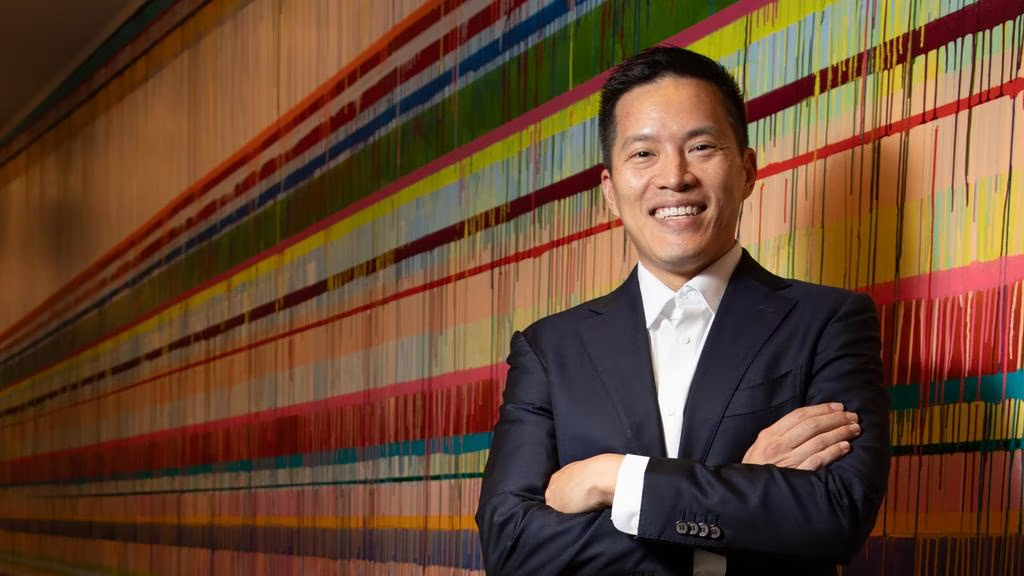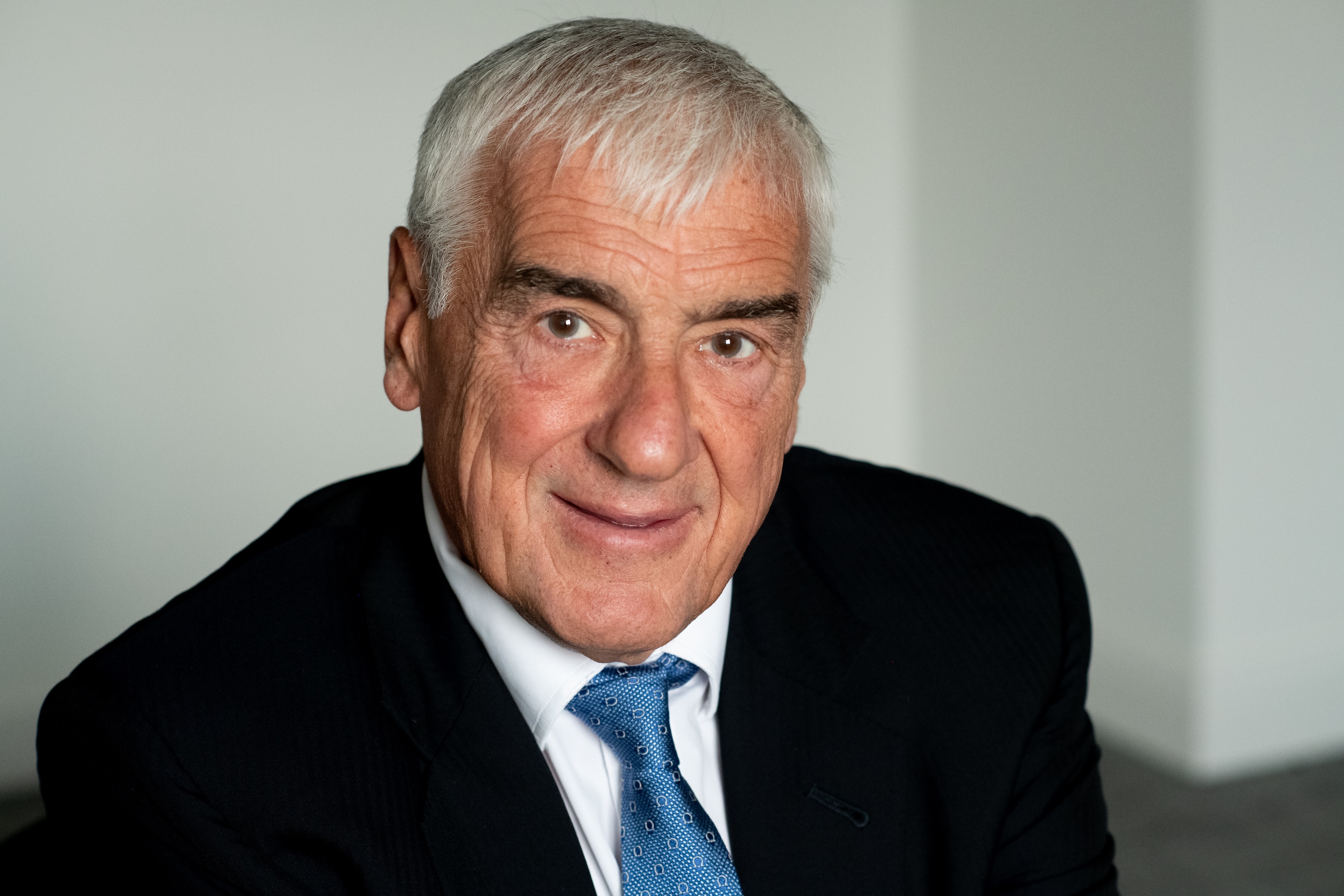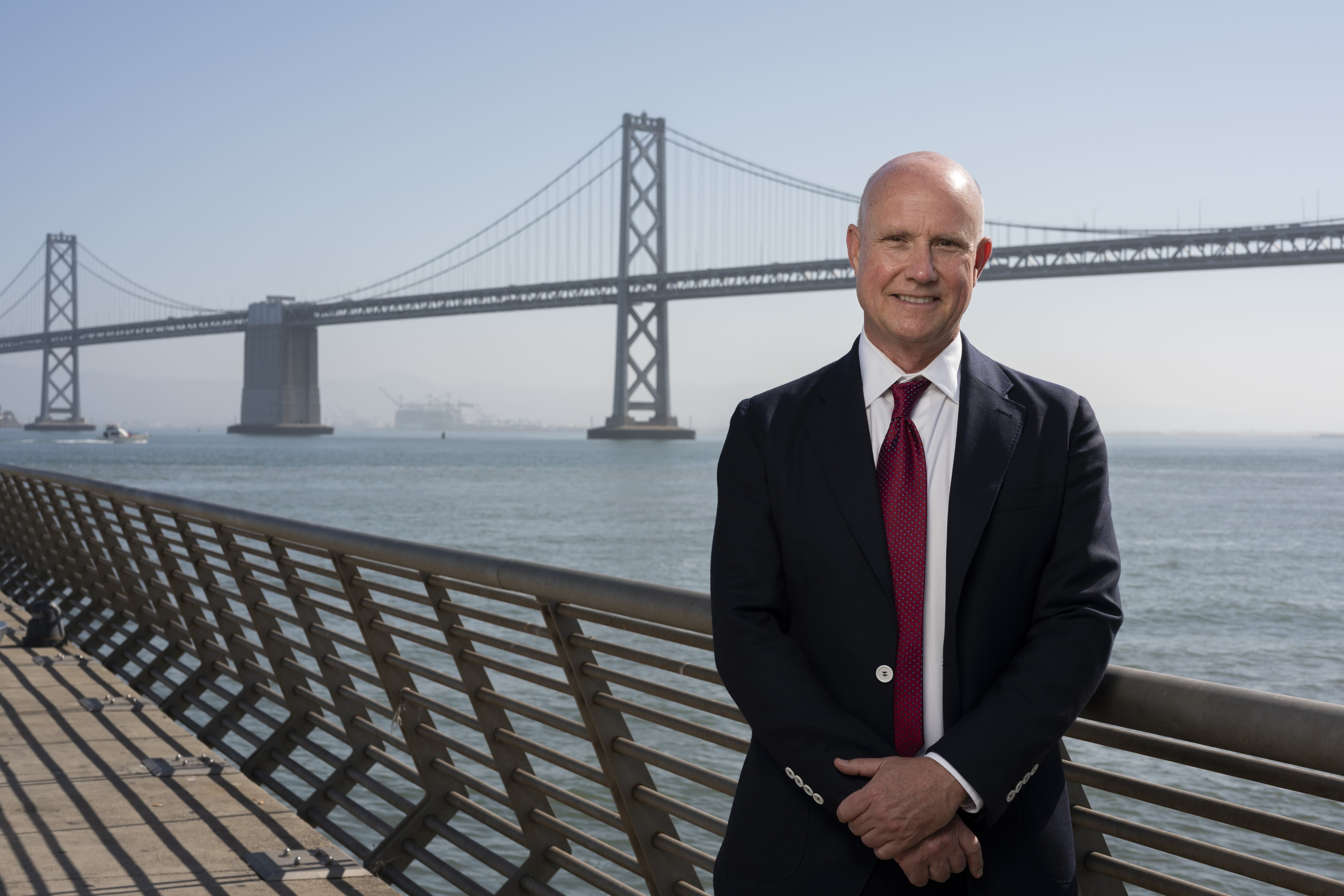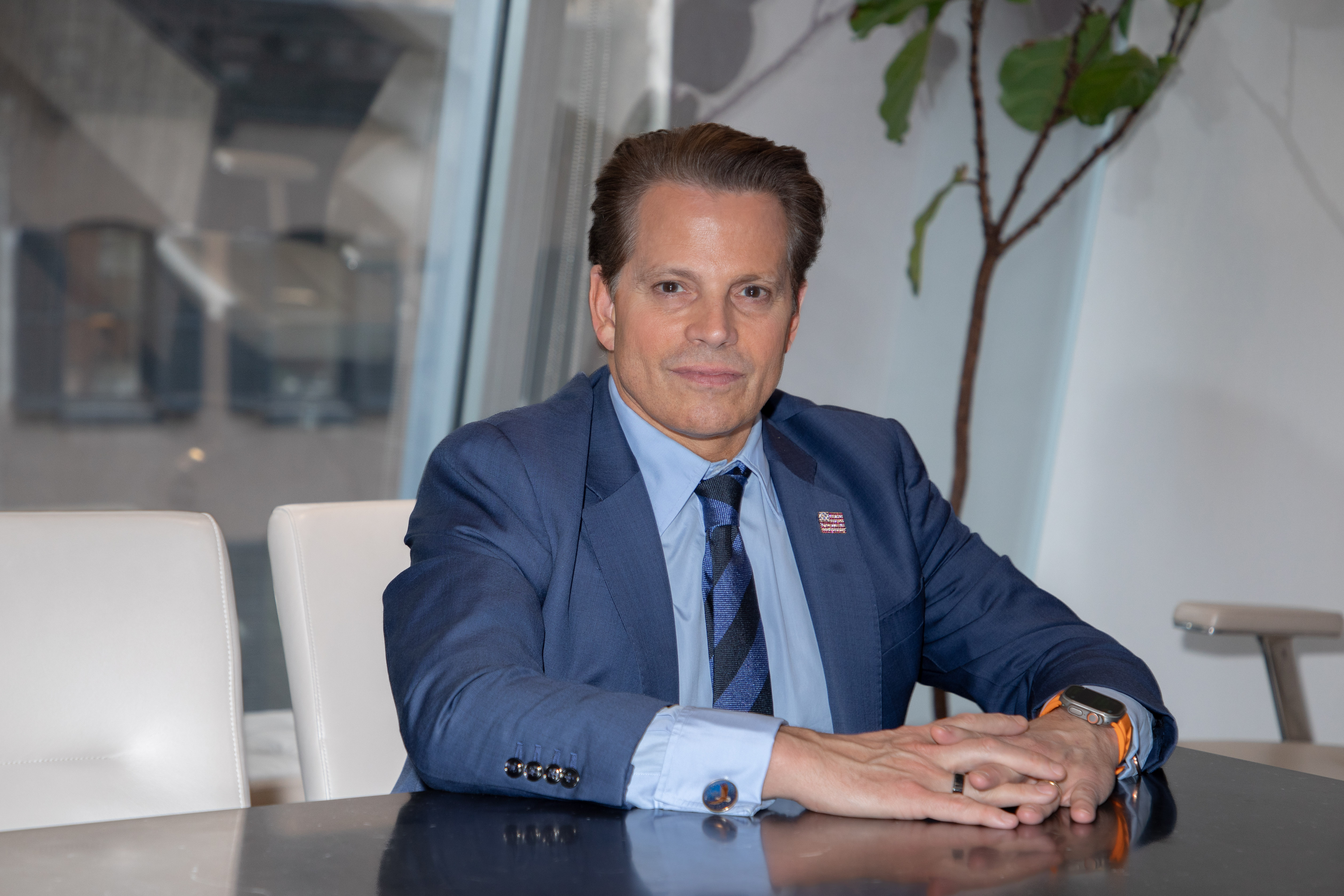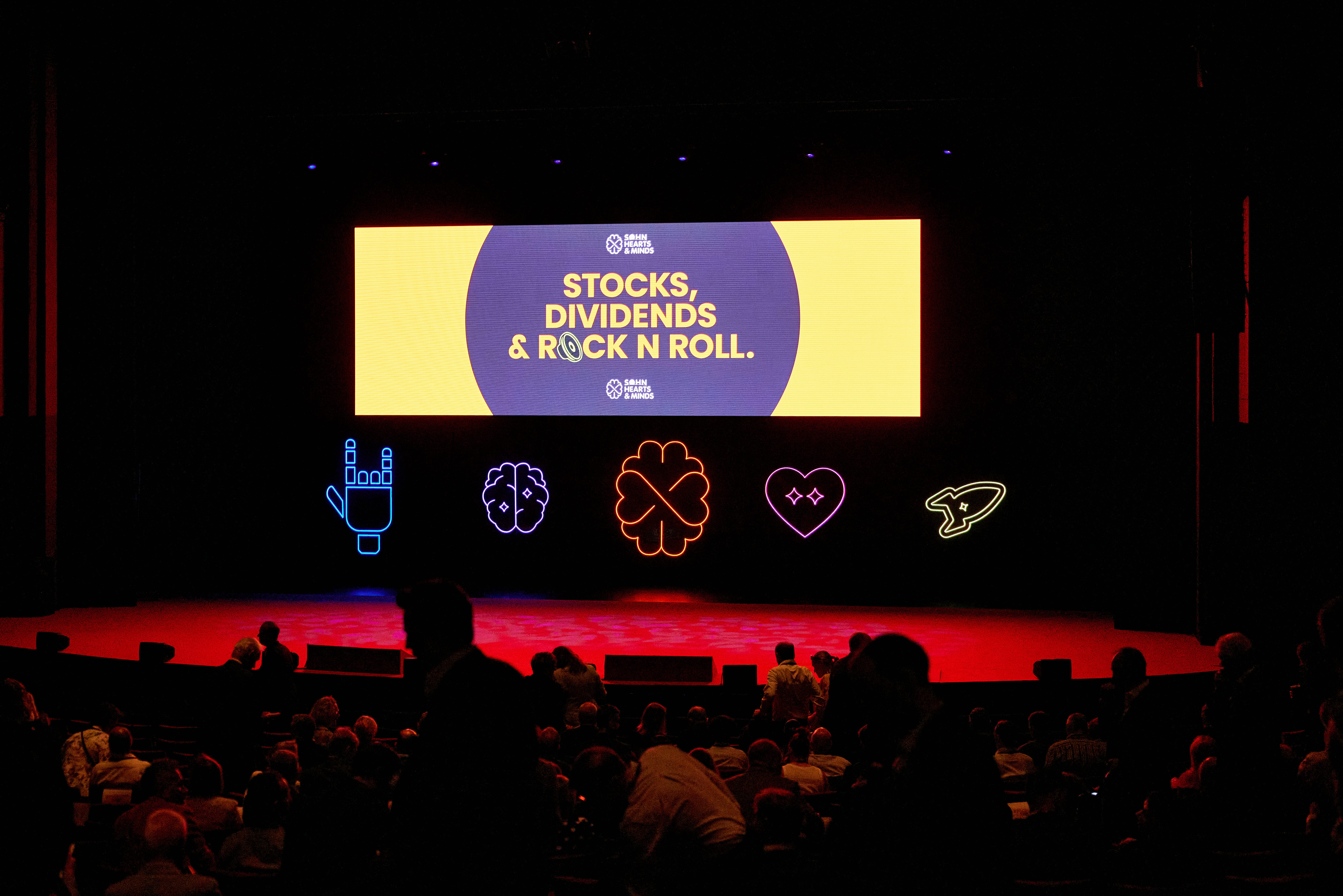When genomic scientist Daniel MacArthur had the opportunity to set up a new Centre for Population Genomics in Australia in 2019, he jumped at the chance to return home after 12 years living overseas.
Based in Boston as co-director of the Medical and Population Genomics Program at the Broad Institute for Mendelian Genomics at MIT and Harvard, his work in the US had involved using new genomic technologies to help predict and diagnose diseases.
It included overseeing a team that built one of the largest genetic data bases ever assembled, collecting data from more than 140,000 people.
MacArthur saw the new centre – a joint initiative of the Garvan Institute in Sydney and the Murdoch Children’s Institute in Melbourne – as the chance to bring his years of expertise in genomic medicine back to Australia.
“The centre’s focus is applying a lot of the lessons we had learned in the early days in building the field of genomic medicine, particularly in places like the US and the UK, and applying it in the context of the Australian community,” MacArthur says.
MacArthur will outline his vision for genomic medicine in Australia at the Sohn Hearts & Mind Conference in Sydney on Friday.
The conference, which features top fund managers from Australia and around the world giving their best stock tips, has raised $60m for medical research in Australia since it began in 2016.
This is the first year that The Centre for Population Genomics, which has been funded from a combination of government grants and philanthropy, will receive funding from the conference.
MacArthur says his aim at the conference will be to explain the potential of the developing field of genomic medicine in Australia, adding that it is “an exciting time for the field”.
While genetics involves the study of how a person’s genes can cause a disease or an illness, the newer field of genomics involves the study of all of a person’s genes – the genome – looking at how the combination of genetic factors and environment can cause disease.
“All conditions, including the big killers like heart disease and cancer, have a contribution from both our DNA and the environment,” MacArthur says.
“If we can better understand the DNA component, it makes it a lot easier for us to identify the people who are most at risk of those conditions and give them the information they might need to make lifestyle changes, and also to think about how we might be able to develop therapies which could reduce the risk of those conditions.”
MacArthur’s work has included understanding the basis of certain rare genetic disorders, which can cause diseases such as muscular dystrophy and which particularly affect children.
Working in Boston, he oversaw a program that sequenced and analysed genomic data from more than 10,000 people from families with rare diseases – work that contributed to the discovery of more than 100 new rare disease genes.
‘We can now think about making precise changes to someone’s DNA’
Daniel MacArthur, genomic scientist
But Australia’s racial mix – which includes many people from Asia, the Middle East and South Pacific – is very different to that in the European nations that have provided the basis for a lot of genomic medicine research to date.
“My driving purpose with the centre is thinking about ways we can make sure the benefit of new technologies is available to all Australians, regardless of their background,” MacArthur said.
“We are focused on working directly with communities to build up a better picture of the patterns of genetic variation that exist within the Australian community and use it to predict and build better tools for the diagnosis, prediction and treatment of disease.”
When MacArthur left Australia, in 2007, after completing his PhD in human genetics at the University of Sydney, there was little work being done in the field of genomics. “But since then, there has been a huge amount of work to build up the infrastructure and the approaches to it,” he says.
“The centre, is a partnership between two different institutions in Sydney and Melbourne, is a new approach to bringing together genetic information at a very large scale in a way which can benefit Australian communities, not just the ones that are already being studied in other places around the world.”
MacArthur is based in Sydney and oversees a team that has members in Sydney, Melbourne and New Zealand.
One of his goals is to build a genomic data base from about 10,000 people from specific groups in Australia, including people from the Pacific, Southeast Asia, the Middle East and East Africa, to help study diseases in those populations.
“More than a quarter of Australian citizens were born overseas and more than half have at least one parent born overseas,” he says. “It is essential we have a genetic resource which is fit for purpose in our own country, which captures the full spectrum of diversity which exists here.”
He says the study of genomic medicine is now taking off as a result of a combination of factors including a sharp drop in the cost of the technology involved.
“The first human genome, which took about 10 years to sequence by a team of scientists around the world, was released in 2003, and took about $3bn to generate,” he says. “These days we can sequence a genome for less than $1000. It takes a week and is more accurate than the genome we generated back in 2003.
“It is an almost unprecedented drop in the cost of the technology which allows us to think about applying genomics to so many people around the world and so many patients.”
Big advances in data science such as cloud computing and the broader availability of artificial intelligence have also allowed for much easier processing of huge amounts of data.
“These technologies are now the key factor in our ability to make sense of the data and use it to diagnose, predict and treat disease,” MacArthur says.
There have also been big advances in the drugs and therapeutics available to treat diseases.
“It means we can now think about making precise changes to someone’s DNA in ways which can help cure their condition, or even potentially prevent a condition that they might go on to develop in future,” MacArthur says.
The Australian is a media partner of Sohn Hearts & Minds. You can watch Prof Daniel MacArthur's presentation from the event here.
This article was originally posted by The Australian here.
Licensed by Copyright Agency. You must not copy this work without permission.







